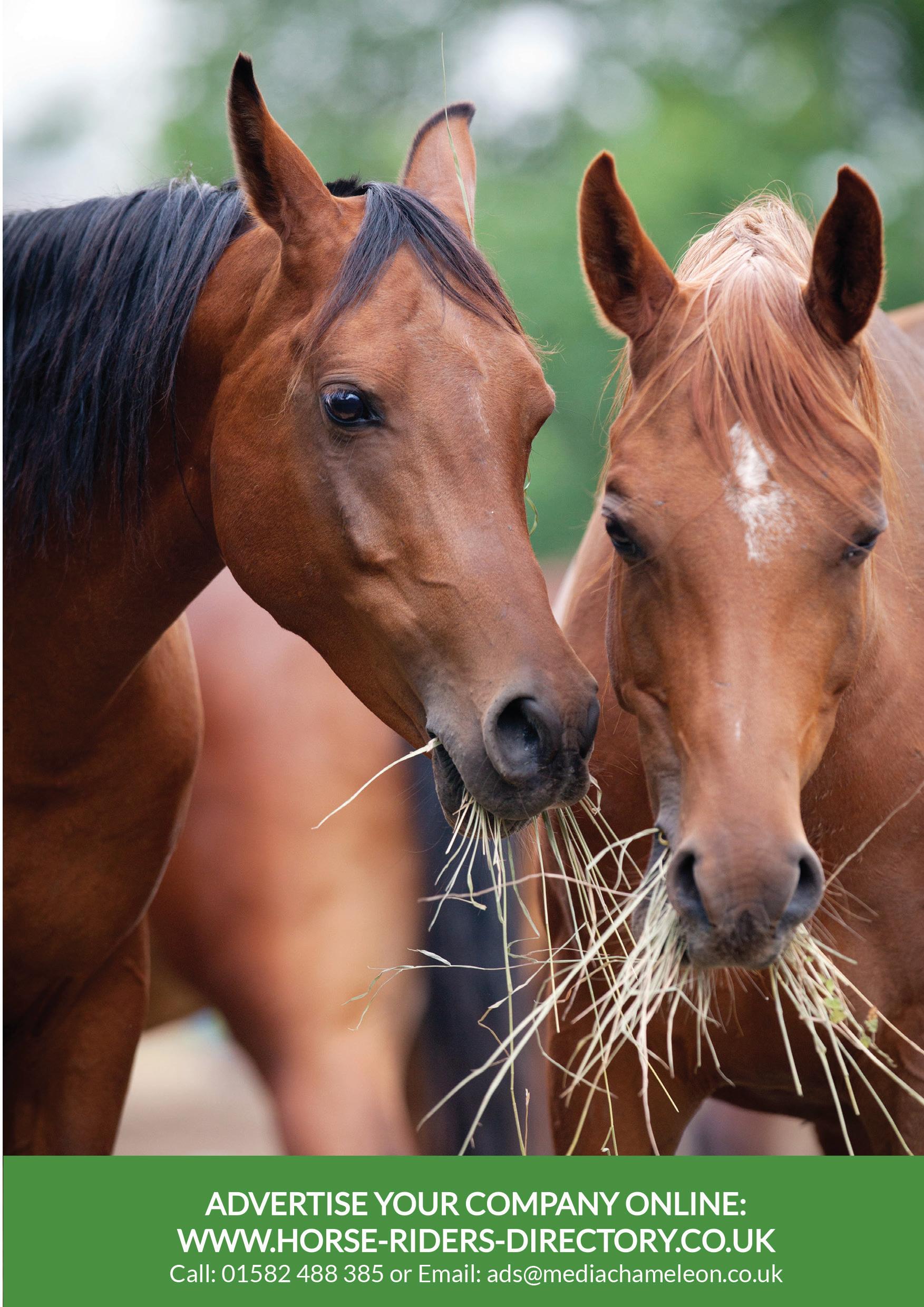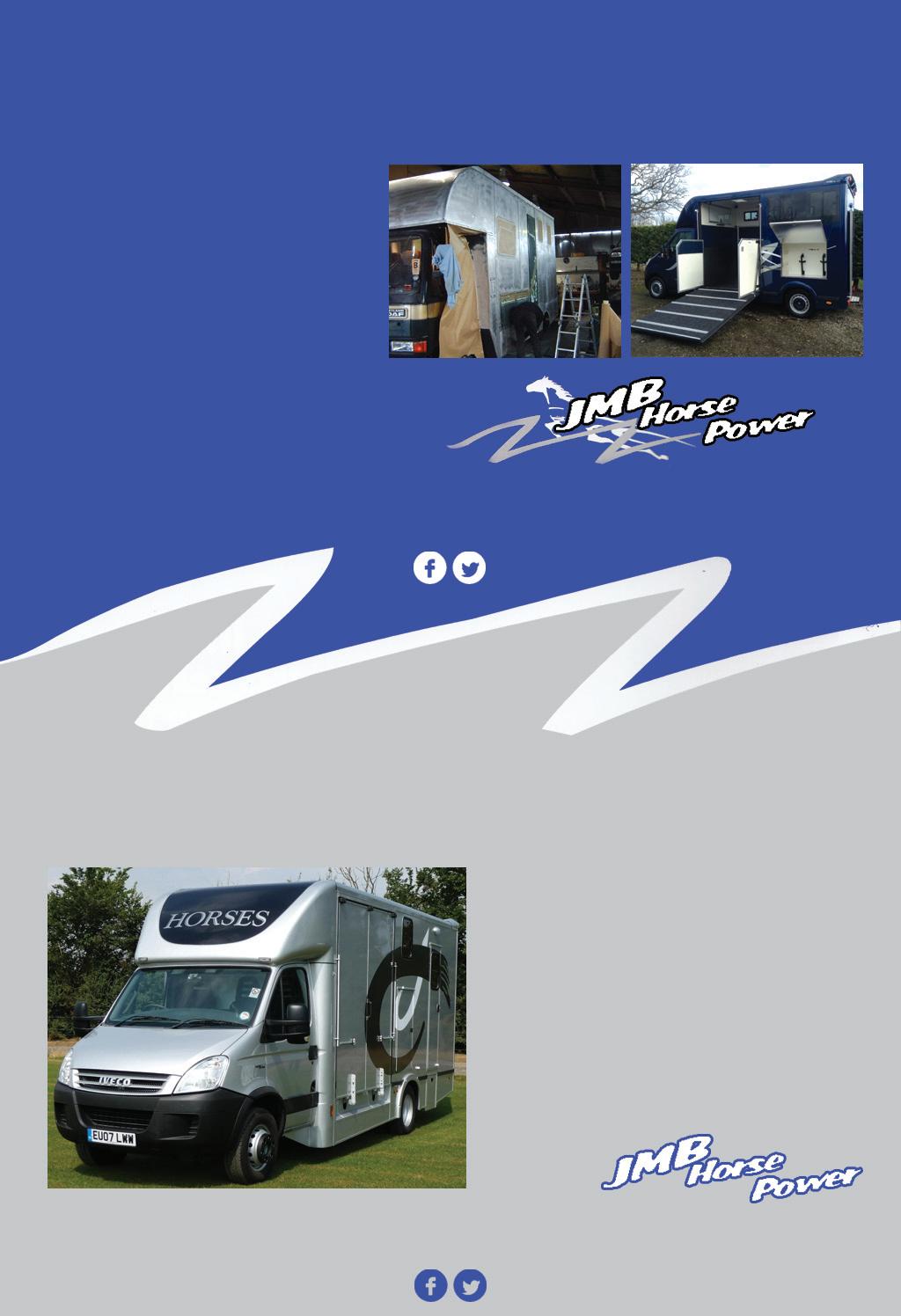The benefits of giving your horse the right food


The benefits of giving your horse the right food

What is a British miniature horse?
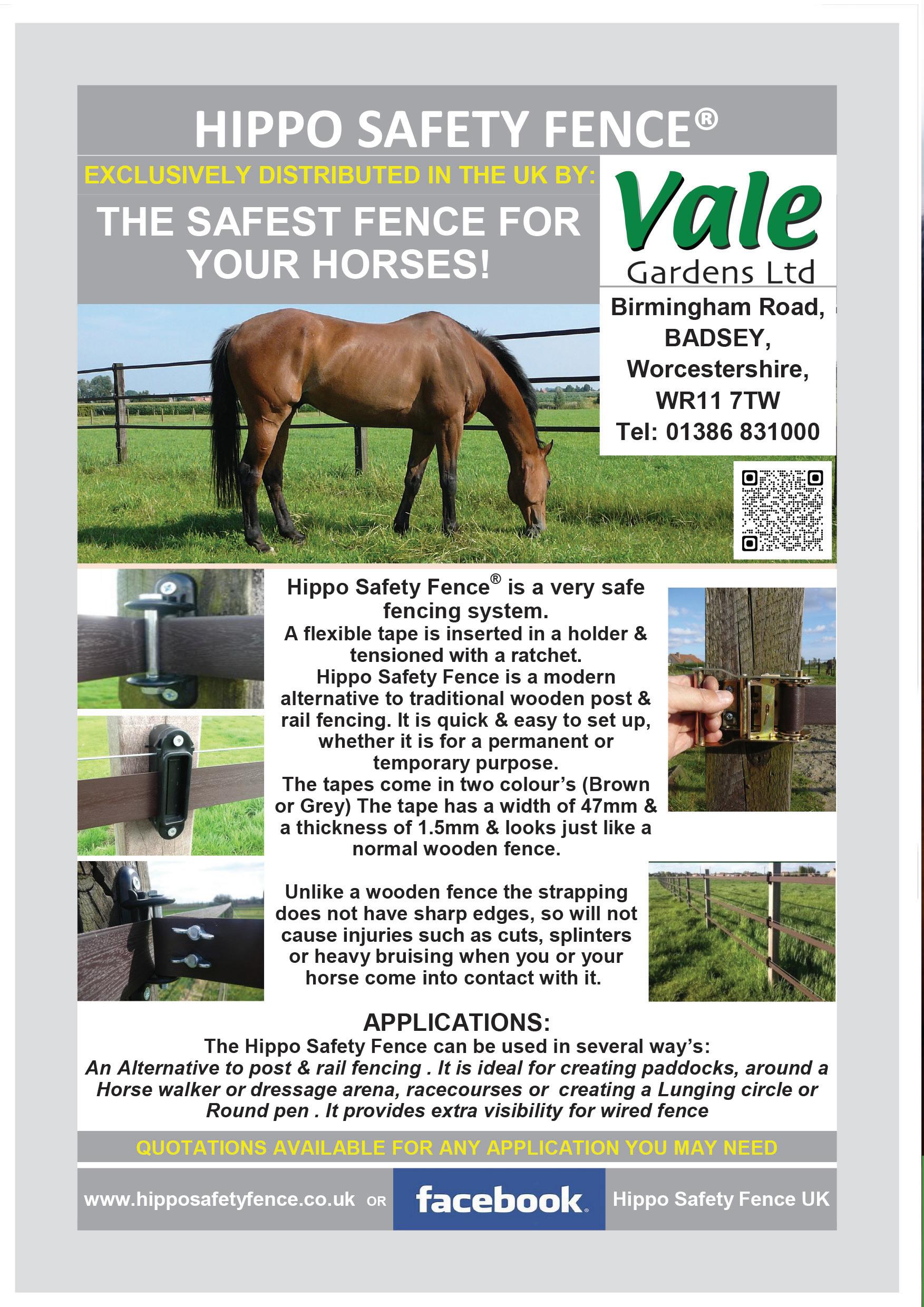
ISSUE: 2023/24
Hello and welcome to the latest edition of The Horse Riders Directory, and its sister website www.horse-riders-directory.co.uk. Response has been phenomenal and we would like to welcome all our customers and contributors.
Why not consider all of the options now available to you through our website? We can offer you anything from a listing to a web page at very cost effective prices, with top rankings on Google, Yahoo and many more. Reaching every corner of the country, the web also offers access to a large potential market.
To advertise in the next issue please telephone our sales team on 01582 488385 or email ads@mediachameleon.co.uk or visit www.horse-riders-directory.co.uk and follow the links to read our media pack.
Whilst every care has been taken to check the accuracy of the information in this directory, no responsibility can be accepted by the publishers for errors or omissions.
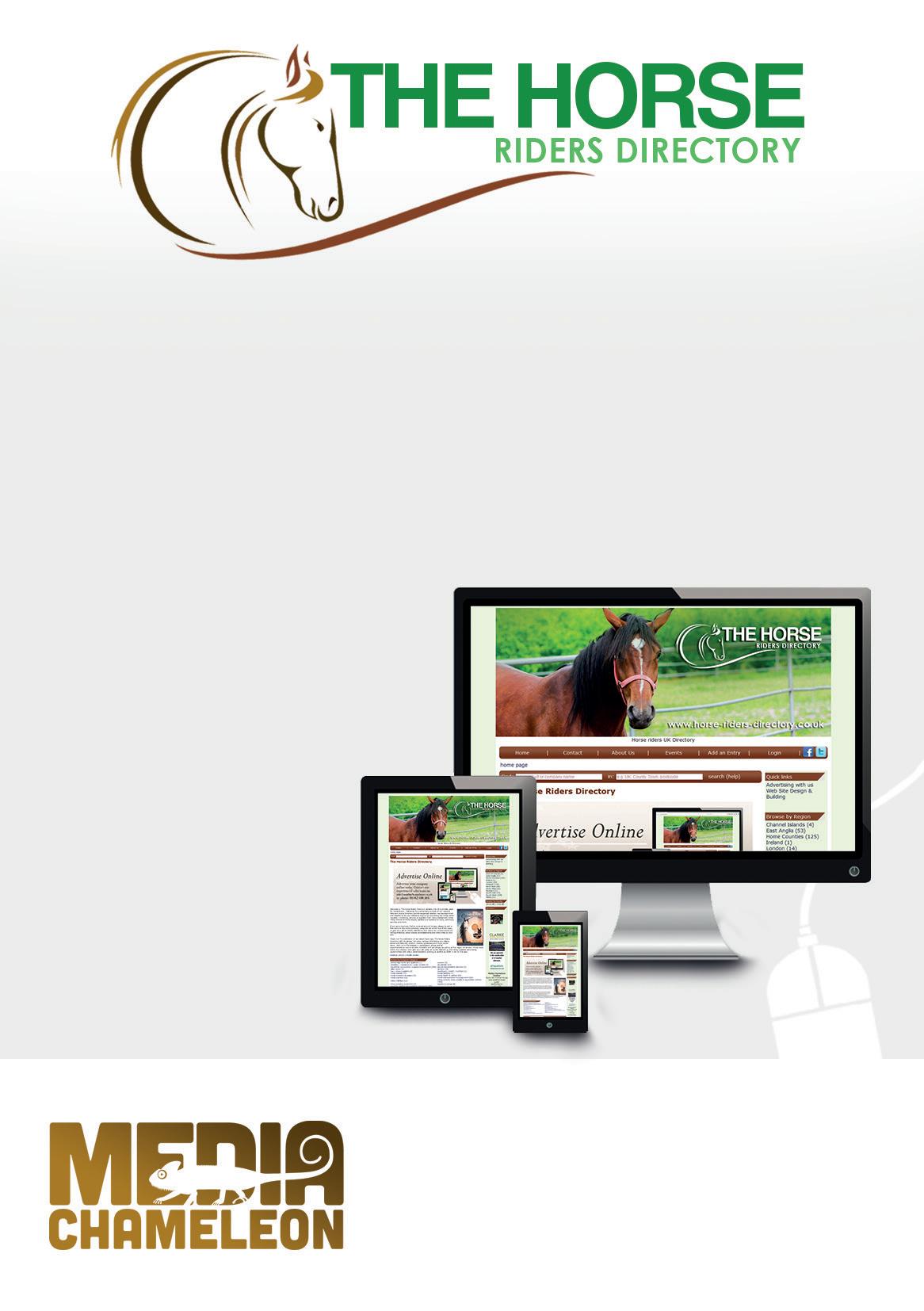
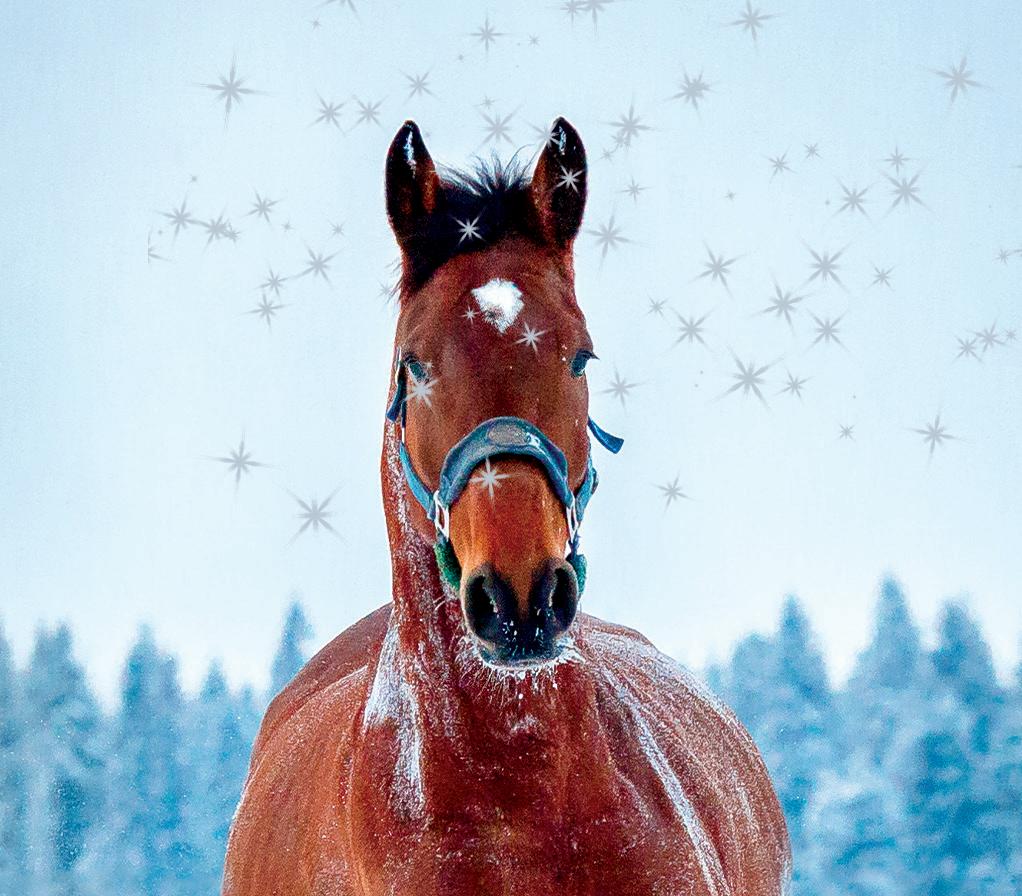


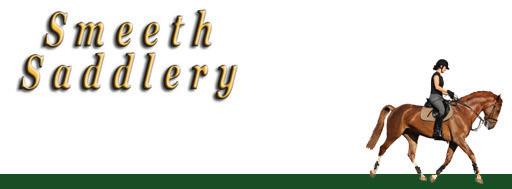
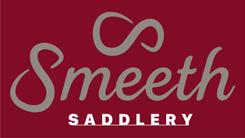
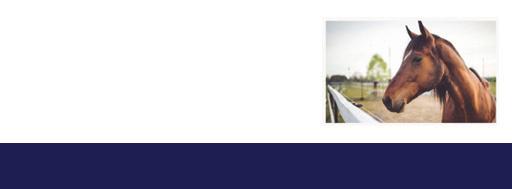
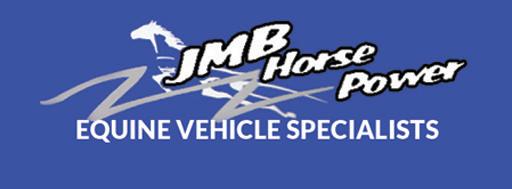
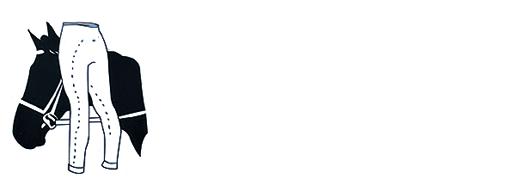

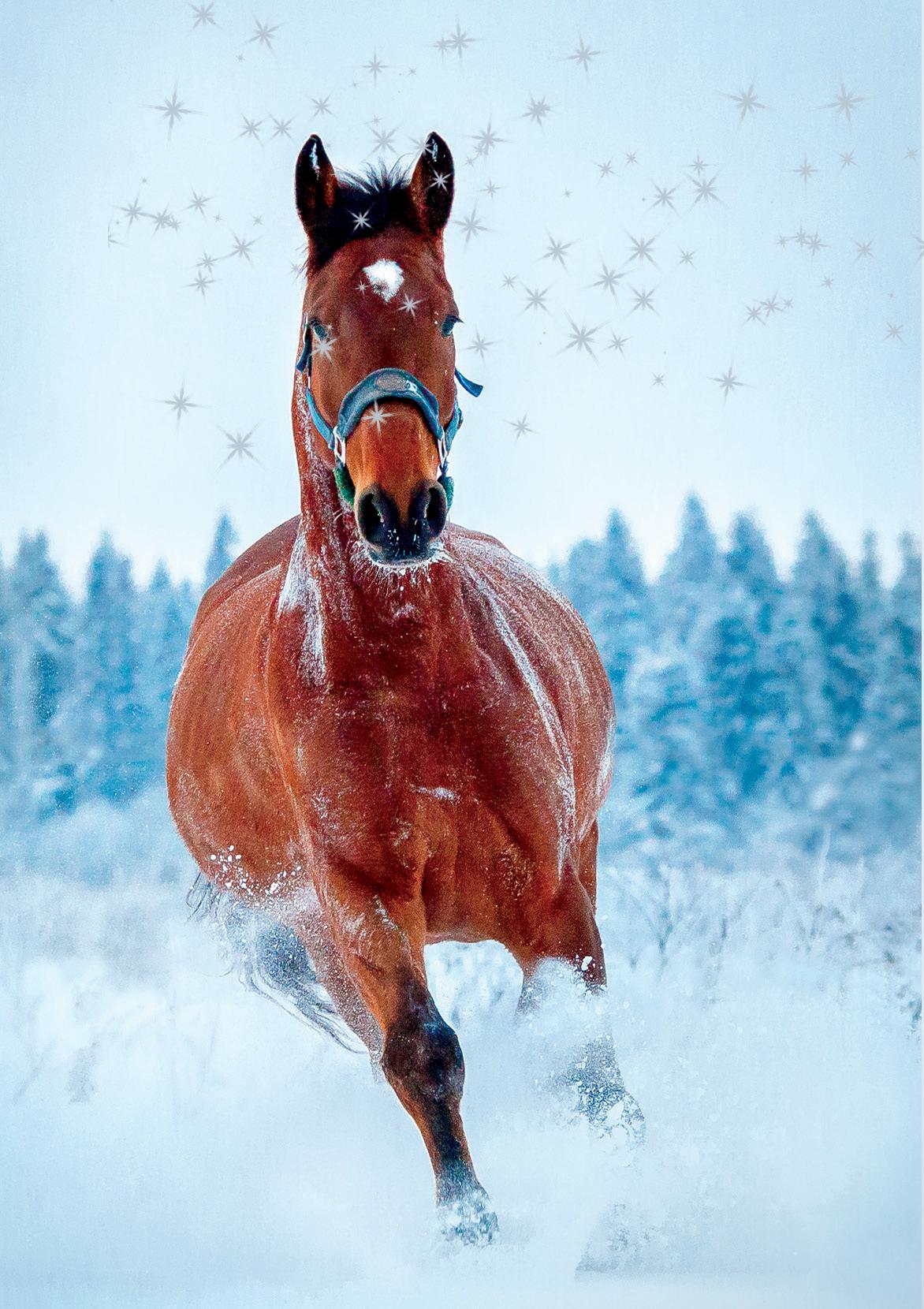
“There is so much to consider when taking care of a horse in both summer & winter”
Good old British weather means we often have quite a diverse range of weather conditions throughout our winters, from gales and storms to heavy snow and driving rain.
If you usually stable at night and turn out in the daytime, it is definitely worth considering reversing the process in the height of summer, allowing for a cooler exercise period and shade / protection from the flies during the day. Do ensure there is a field shelter or tree to provide shade if your horse is outside all day, and don’t forget to provide plenty of cool water.
If you are entering any competitions and need to travel, try to leave early in the morning to avoid making the horses travel later in the day when the sun is hottest, as horseboxes can get very hot indeed, especially in traffic.
Corral away from standing water, as midges and other biters breed rapidly in wet areas in the heat, which can exacerbate sweet itch if your horse is prone.
Like humans, horses can burn. Patches of white are the most exposed skin, so use a suitable sun cream. Don’t forget to use insecticide in the stables to try and keep the worst at bay, and keep the mucking out up to date, with the muckheap at a safe distance from the stable.
Feed is important – a thin horse will suffer more in the cold, so make sure your horse’s diet is adequate.
Access to water is equally important, as standing water may well freeze in extreme conditions, so this must be checked very regularly in case the surface has frozen.

Protection for the weather is all important. Horses do grow an extra layer of hair in preparation, and the natural pattern and condition of this hair helps insulate and repel moisture rather effectively. Nonetheless, different breeds or senior horses may need extra warmth, so rugging may be advised. You will need to check this, as horses overheat very easily, and sweating beneath them can cause hair loss and skin problems, so do check under the rug on a daily basis. There are different varieties available for warmth or to keep water out –speak to your equestrian supplier about your horse and his needs.
Shelter is also important. In the summer it provides shade, but a strongly built shelter can also offer protection from strong wind and driving rain for outside horses. It will need to be mucked out regularly, and if it is used often, then clean bedding should be provided.
Keeping your horse comfortable whatever the temperature is important for health and welfare, and there are things you can do to make it easier.
Equine feed is big business, and making sure your horse is in tip top condition is something of an obsession for most owners. Horses are creatures of habit, and as they naturally spend a vast amount of time grazing and chewing fibre, they have a natural, psychological need to spend a large proportion of their time chewing. Cereal feed is much faster to chew than hay or grass. This means that good quality feed must be paired with a good amount of roughage to prevent behavioural issues such as weaving or biting and of course keep the horse out of distress. The need to spend some 75% of their time chewing also means roughage is essential to avoid colic which could strike on a cereal only diet.
Chewing also acts to stimulate saliva, which is an important part of the horse’s digestive process and helps to avoid choke, so the majority of most horses calories need to come from fibre rather than grain. The saliva also helps to neutralize stomach acid and avoid possible gastric ulcers. Naturally moving slowly and grazing all day doesn’t use a huge number of calories, and grazing on hay or pasture keeps roughage moving through the digestive tract at a steady rate. This digestion also produces heat, allowing the horse to properly regulate their body temperature.
Every horse has different requirements, depending on his size, what sort of work he does and how he is kept. You also need to think about how much grazing time he has, and the quality of the forage, grass or hay you are feeding. If your horse spends the majority of his time turned out on good, lush pasture, then the amount of hay required will be less, whereas a horse spending a lot of time in stables will need very much more. A horse who changes activity levels will also need feed adjusting; be sure to do this gradually as changes in feed routine can lead very quickly to digestive issues, such as colic. This means it is a good idea to make sure you buy regularly and in quantity, as suddenly running out of feed means rapid change in diet.
Grass provides dietary fluids, whereas hay and cereal are very dry, so make sure that if the horse cannot be turned out to pasture you are adding succulent foods to the feed, apples, carrots and sugar beets. Water should be available in a clean water bucket (scrub this daily) and make it available in a position or fixed where it can be easily reached but not kicked over. Dehydration can be dangerous, so keep an eye on intake, and monitor his droppings to make sure they are not dry and hard as this is a good sign of dehydration.
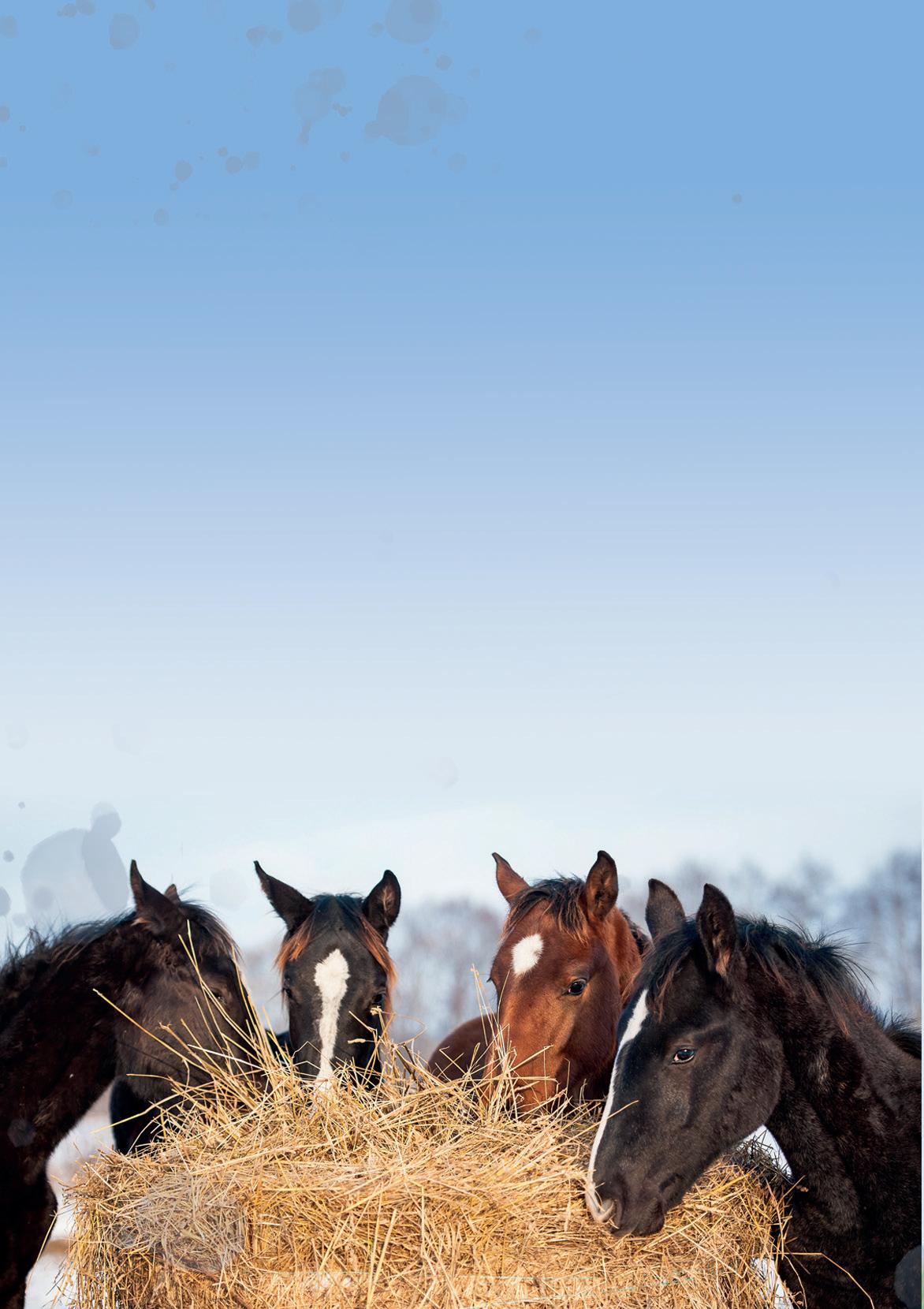
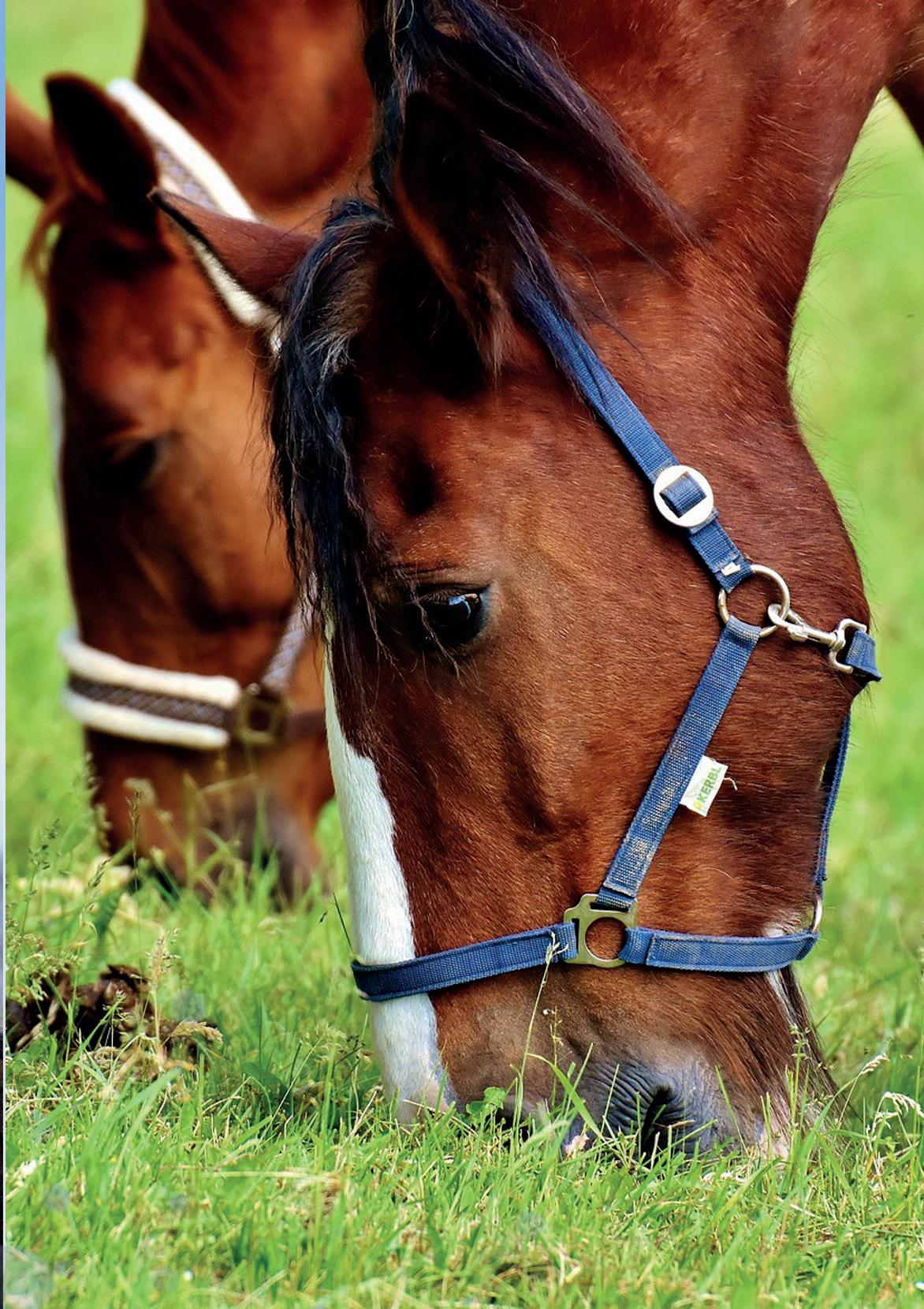
“Horses are creatures of habit; they naturally spend a vast amount of time grazing and chewing fibre”
The hoof of the modern horse is a complex structure made of keratinized (or cornified) tissue which surrounds a single toe on each leg. A complex bone structure is surrounded by the sensitive laminae, a layer of tissue which carries the blood to all parts of the hoof. Beneath this is the digital cushion, a pad of rubbery tissue which is the heel of the hoof and provides a shock absorbing cushion.
The horny laminae is the hard layer of hoof which has no feeling and is attached at the white line. The cornified layer is supportive and protective of the more delicate inner structure as well as providing grip, and the entire hoof, being comprised of a single digit responsible for bearing much weight over a small area, is an absolutely vital component of your horse’s health. Routine as well as emergency care is needed to keep your horse in tip top condition and with full mobility.
Maintenance care:
• Pick feet out each day with a hoof pick, and finish with a stiff brush to remove any smaller debris
• Get to know what’s normal for your horse in terms of temperature and digital pulse; any changes will alert you to potential infection, punctures or other problems
• Check shoes or unshod hooves for signs of damage or wear, overgrown or misshapen feet and whether a farrier is required
• Apply proper hoof oil every day or so during the warmer months to avoid cracks
• Have your horses seen by a farrier every 4 – 6 weeks
• Watch for lameness at all times, especially after a farrier visiting, who will need to be recalled if so. Biotin supplements can be given to horses susceptible to grass or sand cracks
• Check foot balance. This means the angle of the front feet should be approx. 45-50 degrees from the ground, and the rear at 50-55 degrees.
• Shoes should fit properly with no gaps, and the clenches need to be around 1/3 of the way up the hoof wall from the floor, straight and flush.
Laminitis
Laminitis is generally accepted to be symptom of digestive issues, and is a swelling or inflammation of the soft laminae tissues which is painful and can strike at any time. It can be triggered by grain or grass over eating, infection or trauma. Water
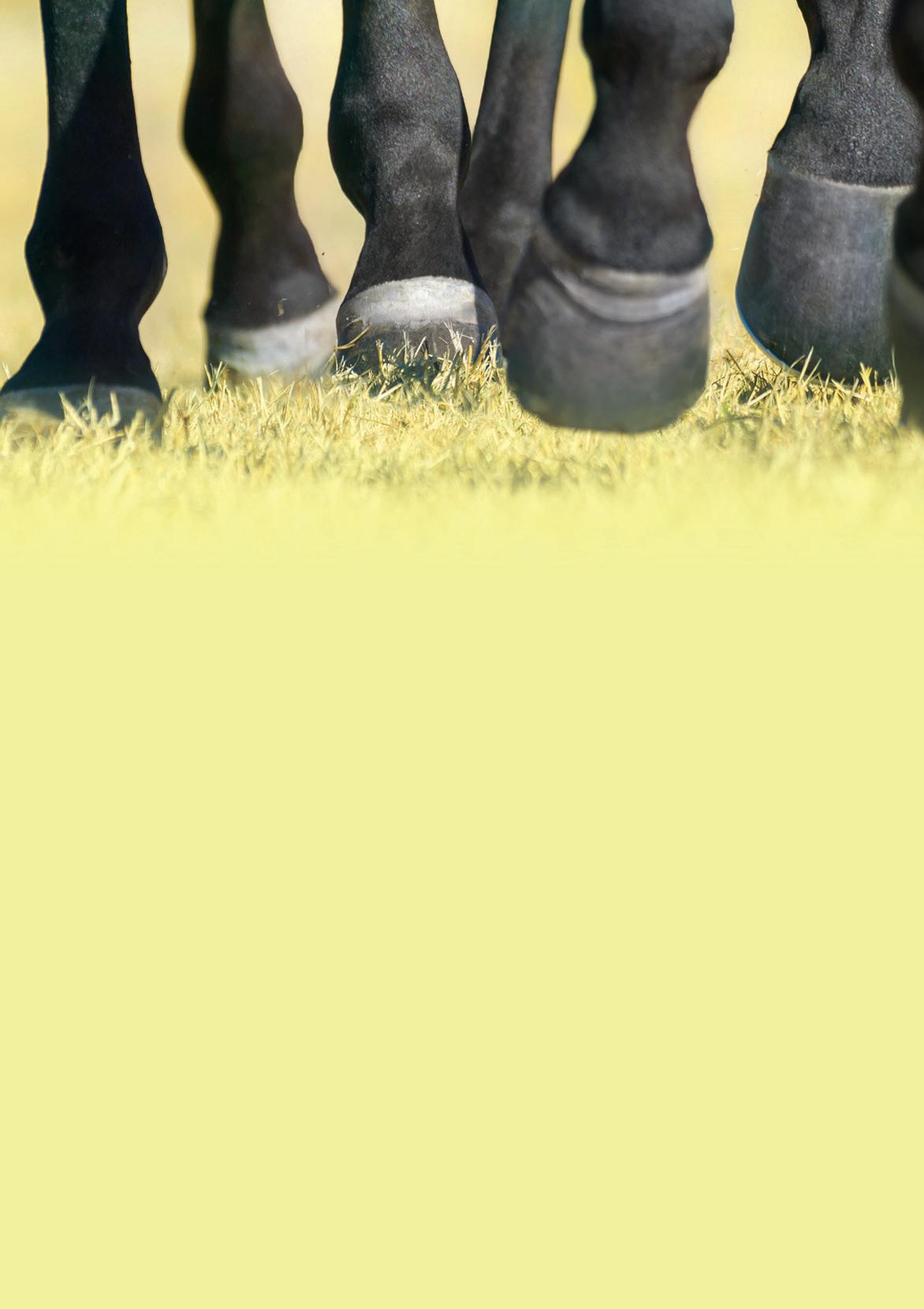
soluble carbohydrates in high amounts can be present in particularly lush pasture, and are a common cause. Symptoms include obvious pain, a reluctance to move or weight bear at the front, heel to toe walk and an increased sesamoid pulse. Laminitis should be treated as an emergency and a vet should be called straight away. The horse should be moved off of grass and into shavings or cardboard while waiting attention. Horses prone to laminitis should be on a properly regulated, high fibre diet, and need to be seen as regularly as necessary by your farrier.
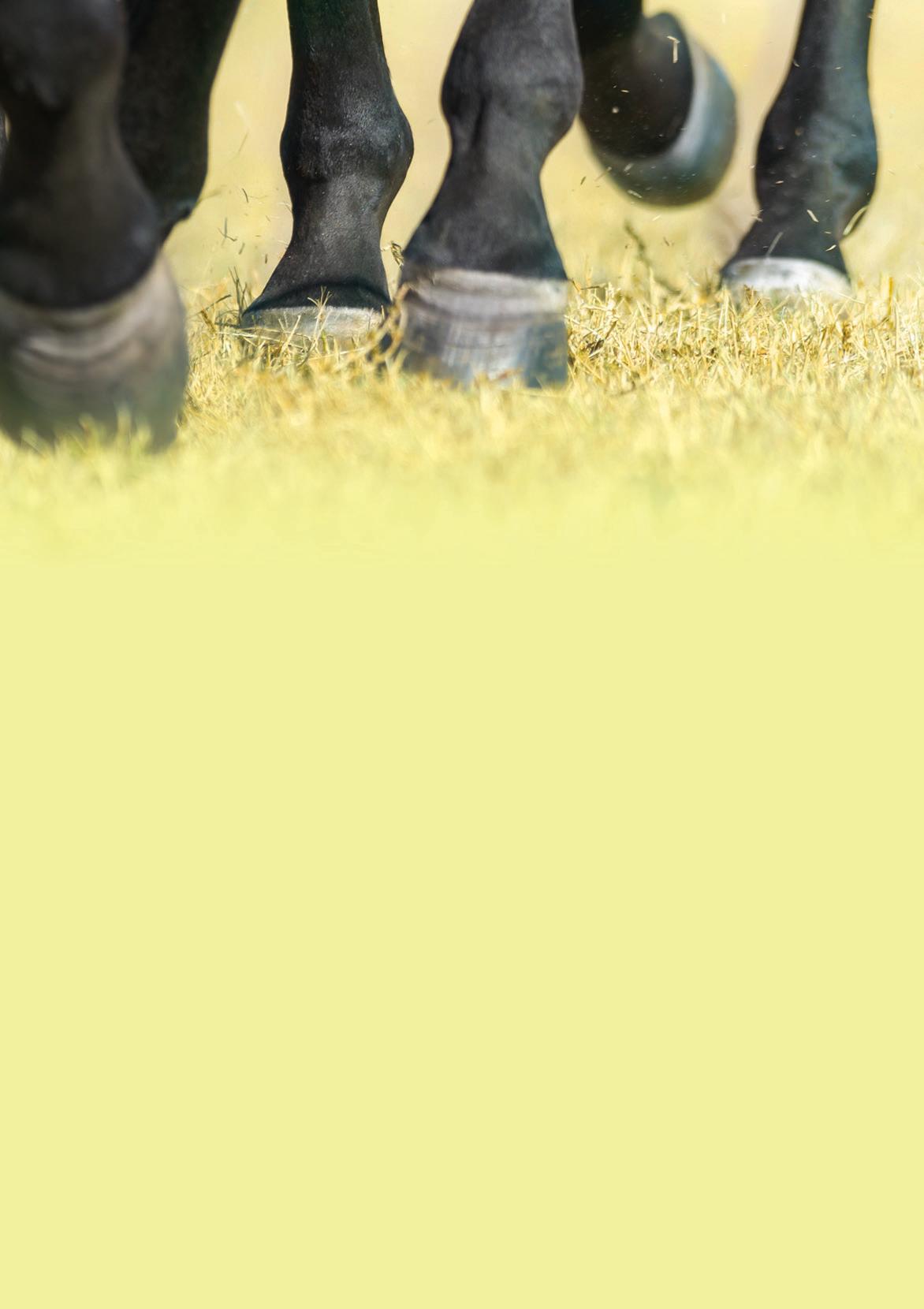
Horses can also be affected by thrush in the foot, a bacterial infection which can spread untreated to the delicate internal parts of the foot. It is usually caused by prolonged exposure to a damp environment such as wet fields or damp bedding. It cans cause lameness and a black, pungent discharge from the frog. The vet should be called out and will recommend treatment, which is usually regular scrubbing and the application of suitable eucalyptus oil or possible poulticing. Prevention is better than a cure, so make sure to keep your horses feet clean and scrubbed, with regular application of eucalyptus, especially in the winter months. If you field is prone to
waterlogging, ensure there is hard standing, and make sure bedding is dry and clean.
Seedy toe is a separation of the hoof at the white line, which starts at the toe and moves up the hoof wall as it grows, leaving a hole which becomes filled with dead tissue. It can happen due to laminitis or the toes becoming too long, and needs to be managed with regular farrier visits who will trim so that the hole can grow out.
Bruised Soles
Injury caused by impact or standing on a hard object can lead to bruising of the foot which can cause acute lameness and bruising. Movement should be restricted and standing should be soft, such as shavings or wood chip. Vets can prescribe anti inflammatories and should be called to check for any signs of possible infection or wounds.
Any lameness or obvious pain can be caused by infections in the foot, and the pus therein will need to be removed by the vet or farrier who will dig out and clean the infected area. This should then be poulticed to draw out any remaining infection before it begins to reach the leg. Your horse also may need antibiotics if the infection is severe.
The hoof is a complex structure made of keratinized tissue which surrounds a single toe on each leg
The world of the miniature horse may be small, but it’s also charming. The British Miniature Horse Society characterizes the miniature as a perfectly scaled down version of a quality riding horse which measures less that 88cm at the withers. Height to weight ratio is not specific to breed but the perfect size equates to somewhere between Hack and Hunter. Although the size of an extremely small pony, miniatures retain their horse status with horse characteristics. These horses are not the result of dwarfism but are selectively bred, so that they are healthy and suitable for breeding themselves. Their small stature is combined with a friendly, curious personality, and they make good companionship animals, even being utilised as guide or assistance animals, but miniatures do retain their essential nature and so need the usual equine treatment. Nutritionally they have the same requirements, and their veterinary and general welfare is as important and time consuming of that of a full sized horse.
To be registered as a miniature horse by the BMHS, a foal must be bred from BMHS registered parents, although adult horses can apply for registration by assessment.
Miniature horses with their friendly nature and small size are frequently owned by those who may not be able to handle a full size horse or pony, so many are with very young riders or those with disabilities. Their tiny stature and good nature also makes them excellent companion horses for full sized horses.
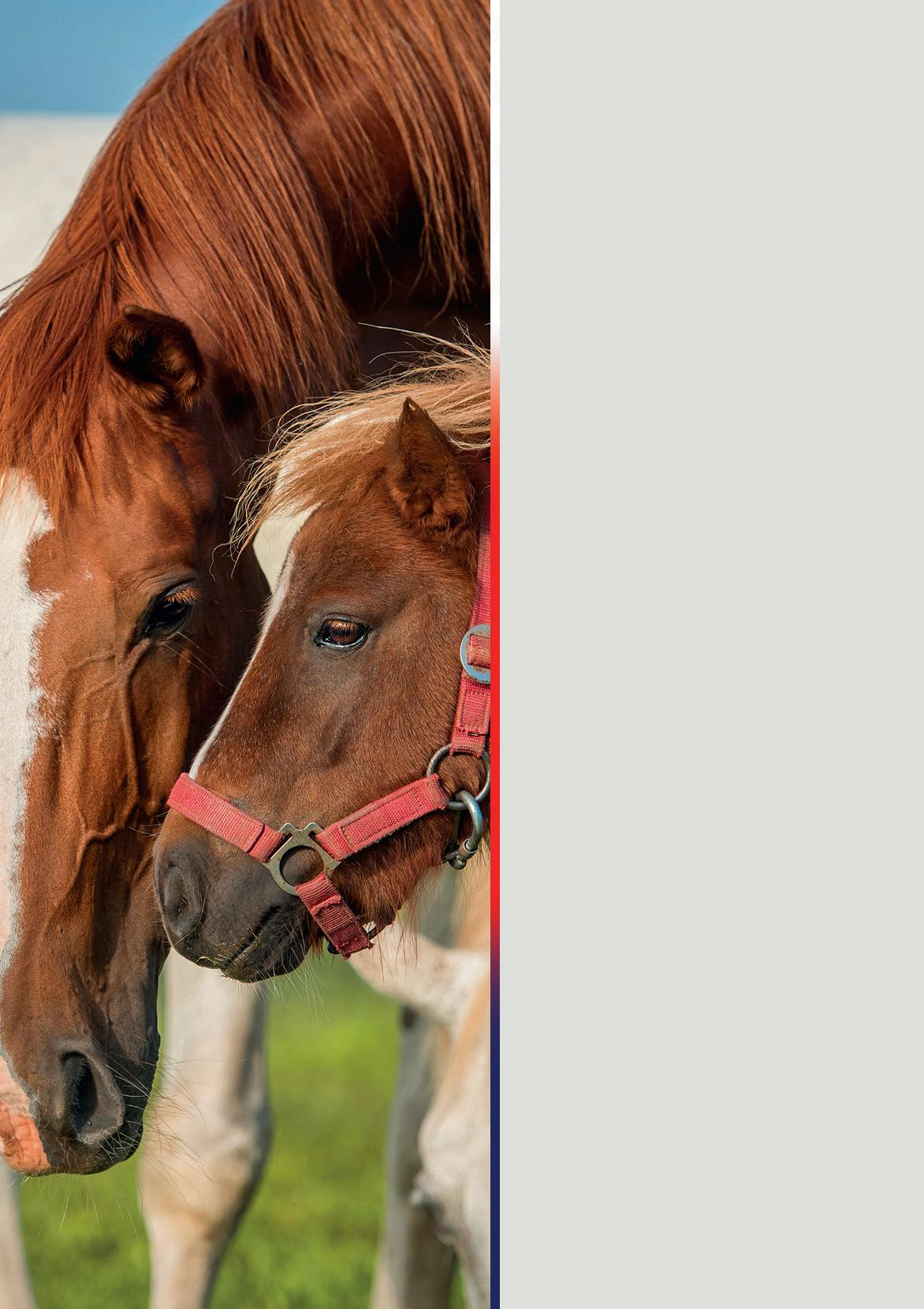
They also make good competitors, being quick to learn, and very much enjoy dressage style exercise and being the focus of attention.
The BHMS has some excellent advice for those new to the hobby, especially when it comes to purchasing your first miniature horse. As with any such purchase, do ask your vet to take a look at the animal, to ensure you really are buying a properly healthy horse. If you are a very good judge of horseflesh but new to owning a miniature, this is probably still a good idea. Although miniatures are horses, it is a great idea to do some research and find out exactly what makes a good miniature to own. Try to see both parents if buying a foal which should give you an idea of your foals potential size and appearance.
Otherwise, common sense prevails. Look for an animal which is clean, not lethargic or low spirited, with a glossy healthy coat, clear eyes and nose. Feet should be properly trimmed, and will give you an indication of how well looked after the horse has been.
There are some very good breeders registered with the BMHS, and it really does make sense to make your first purchase from someone with the expert knowledge to guide you in the right direction.
For more info see: The British Miniature Horse Societywww.bmhs.co.uk
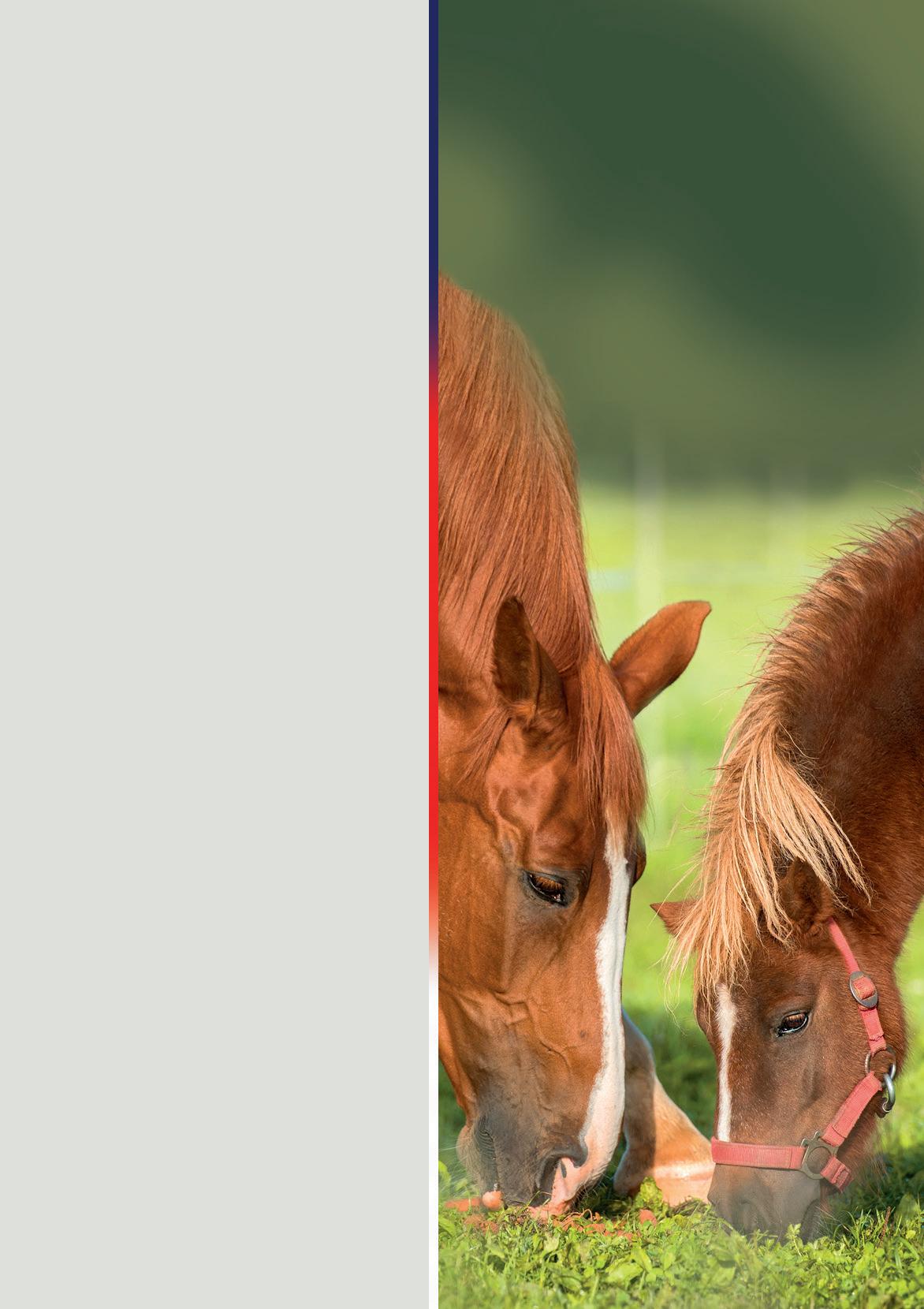
"They have a friendly curious personality which makes them good companion animals"
“
A miniature horse is a perfectly scaled down version of a quality riding horse”

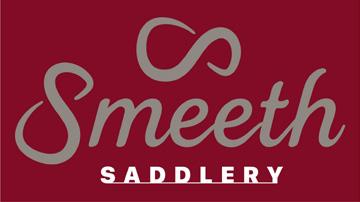
We stock a wide range of equestrian products from grooming, washing, first aid, training, clothing, competition, safety and lots more. Our staff are all experienced within the equine world and are available to offer friendly advice and help wherever possible.
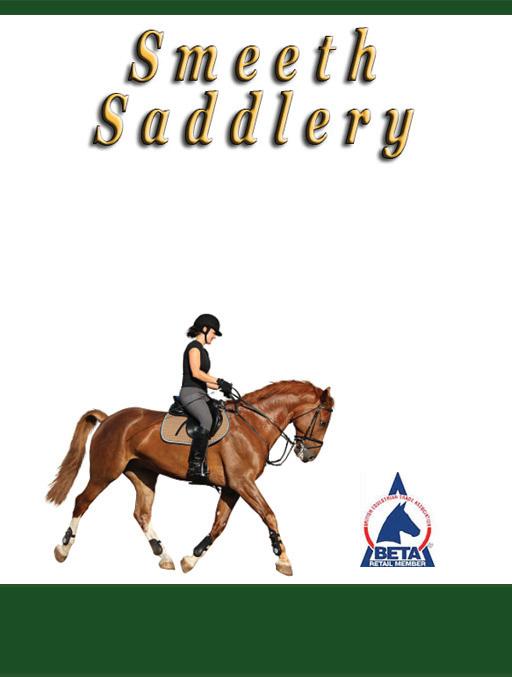
Dealing with the end of life of your horse, pony or donkey can be a complicated, confusing and emotional experience.
What do you need to arrange?
What are the options and what is available in your area?
Who do you need to contact?
What are the legal requirements?
How on earth do you find out?
The Equine End of Life Service gives equine owners all the information, guidance and costs to help them make the right choice, for them and for their animal.

Our pledge is that your horse, pony or donkey will be treated with dignity and respect, by everyone involved, right to the end.
We are to help you and our caring, knowledgeable team will be happy to answer any questions you may have.
Contact a member of The Equine End of Life Service about the options available to you: 01335 320 030
info@equine-endoflife.co.uk www.equine-endoflife.co.uk

EQUINE CREMATION
W Martin & Son
Essex.
Tel No : 01376 331 136
Web Site : www.wmartinandson.co.uk
See our main advert on page 15
HEALTHCARE / HEALTH / NUTRITION
Ronfields Nutrition
Herefordshire.
Tel No : 01432 851 111
Web Site : www.ronfieldsnutrition.co.uk
E-Mail : ron@ronfieldsnutrition.co.uk
See our main advert on page 15
HORSE BEDDING
Horsebedding.co.uk
Lincolnshire.
Tel No : 01476 585 973
Web Site : www.horsebedding.co.uk
E-Mail : sales@horsebedding.co.uk
See our main advert on page 16
HORSE BOX REPAIRS
JMB Horse Power UK Ltd
Tel No : 01753 850 916
Mob No : 07917 420 301
Web Site : www.jmbhorsepower.com
E-Mail : enquiries@jmbhorsepower.com
Virtue Horseboxes
Tel No : 01753 850 916
Mob No : 07917 420 301
Web Site : www.virtuehorseboxes.com
E-Mail : enquiries@jmbhorsepower.com
See our main advert on the outside back cover
Horsebox maintenance, repairs, servicing, MOT preparation, body repairs & modification, re-flooring etc.
Free collection in 15 mile radius.
Call
07768 982 600 (Chesham, Bucks)
HORSE SUPPLIES
HAPPA Direct
Shores Hey Farm, Black House Lane, off Halifax Road, Briercliffe, Burnley. BB10 3QU
Tel No : 01282 455 992
Web Site : www.happadirect.co.uk
E-Mail : happadirect@happa.org.uk
See our main advert on page 18
Natures Equine Ltd
Tel No : 01684 563 320
Web Site : www.eazigrazer.co.uk
E-Mail : info@eazigrazer.co.uk
See our main advert on page 16
HORSE TRANSPORTATION
Comeytrowe Equestrian
Tel No : 01823 461385
Web Site : www.comeytrowe.co.uk
E-Mail : horseboxhire@comeytrowe.co.uk
See our main advert on page 17
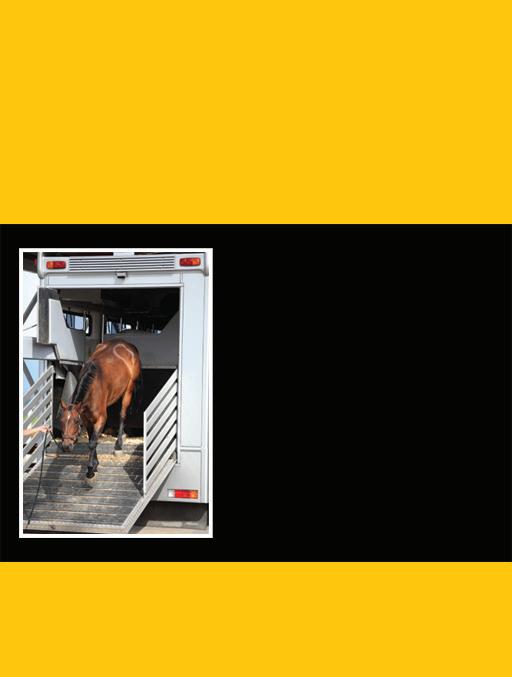
CALL US TODAY ON: 0121 526 3767
With over 30 years experience designing and building 3.5 ton Horseboxes, John Oates offers innovative design and high quality manufacturing, creating affordable horseboxes to the customer’s exact requirements without compromising high safety standards.
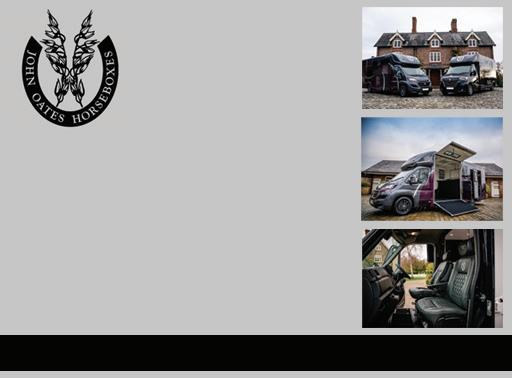
www.johnoateshorseboxes.co.uk
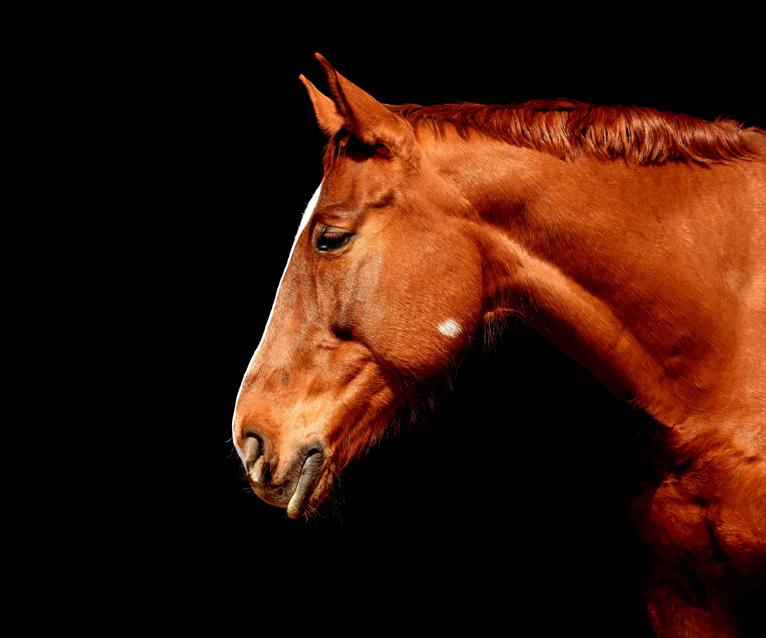
Comeytrowe Equestrian
Tel No : 01823 461 385
Web Site : www.comeytrowe.co.uk
E-Mail : equestrian@comeytrowe.co.uk
See our main advert on page 17
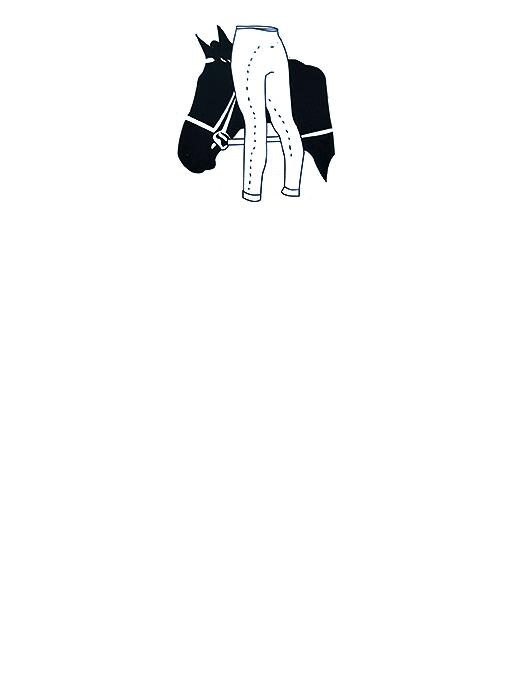
Serving Cranleigh, Petworth, Guildford and the Surrounding Areas
Call: 01403 586 077
Call: 07853 879270
www.richardcoveyfencing.co.uk
As professional fencing contractors with decades of experience, we provide everything from agricultural fencing such as half round post and rail to hardwearing security fencing for a protected environment. Located in Cranleigh, we have a reputation across Dorking, Horsham, Guildford and Petworth, and make light work of challenging projects within London.
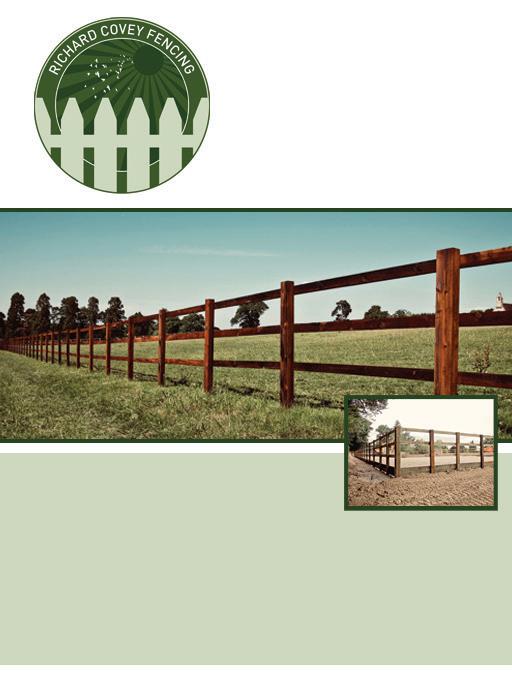
Vale Gardens Ltd
Birmingham Road, Badsey, Nr. Evesham, Worcestershire. WR11 7TW
Tel No : 01386 831 000
Web Site : www.hipposafetyfence.co.uk
See our main advert on the inside back cover
- A UNIQUE PRODUCT FOR ALL HORSES -
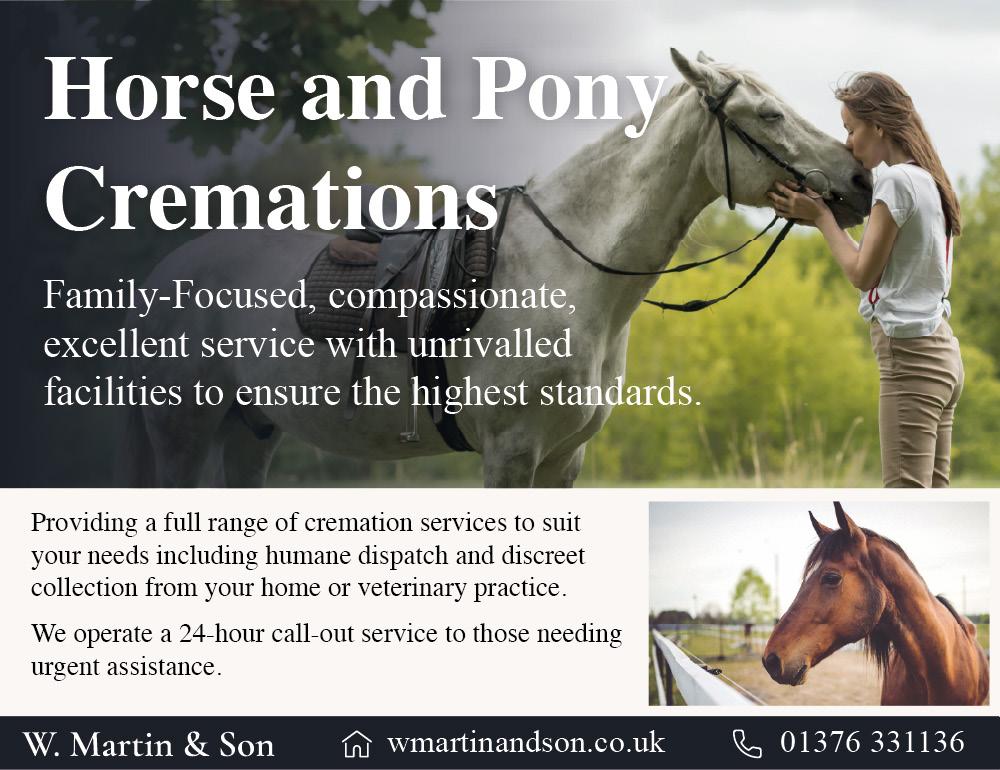
• Scientifically designed to assist healthy stomach and digestion. Completely safe for use in all horses including performance horses.
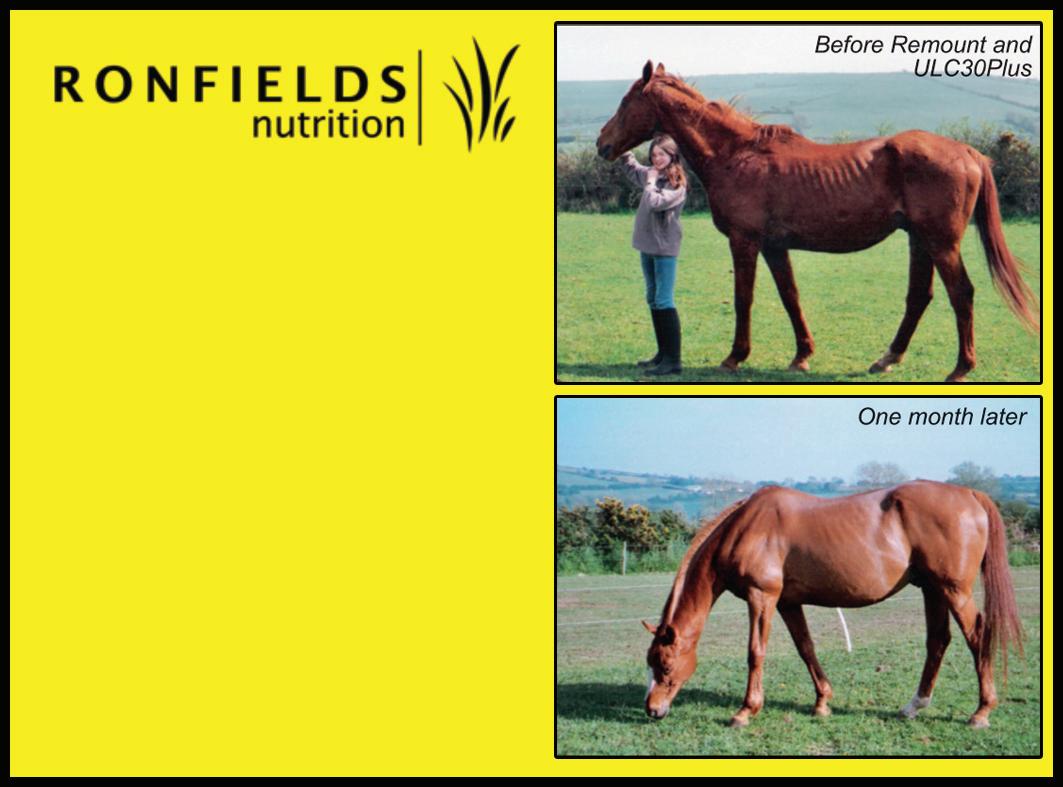
• Maintains HIND GUT DIGESTION.
• Used by many TRAINERS and recommended
by many FARRIERS.
Testimonials available
ONE OWNER HAS RECOMMENDED IT AND COMMENTED:
“AT LAST I HAVE MY LOVELY HORSE BACK.”
www.ronfieldsnutrition.co.uk
T: 01432 851 111 • E: ron@ronfieldsnutrition.co.uk
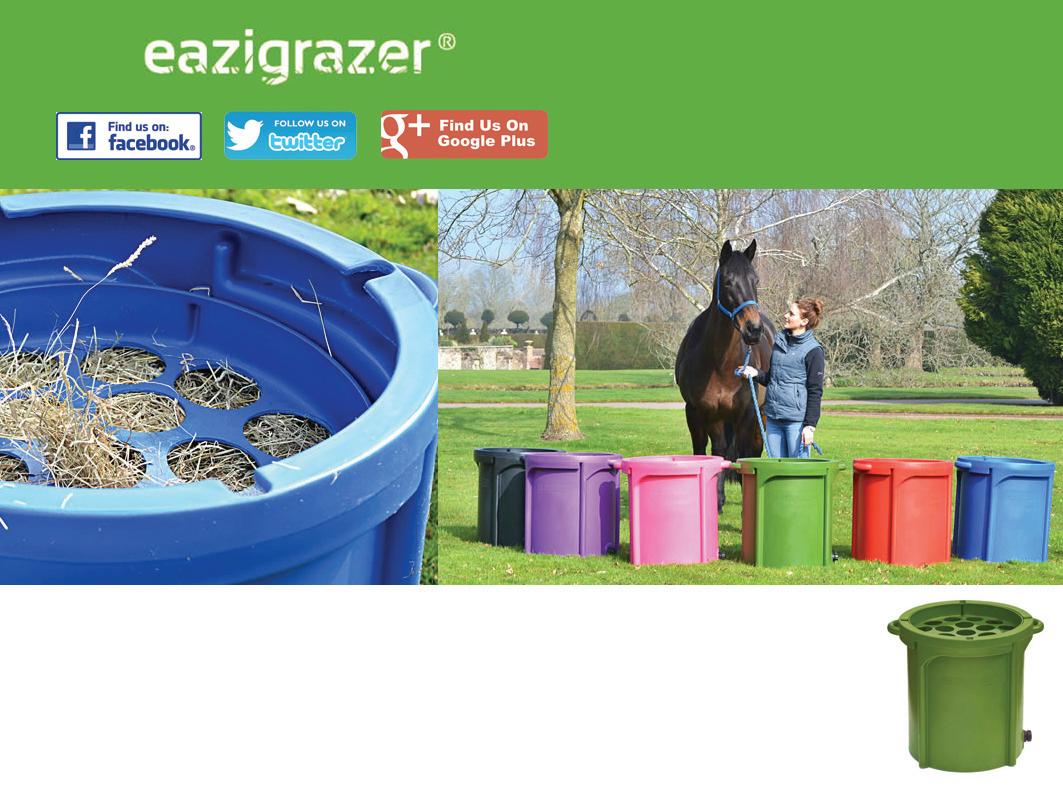
Your horse evolved to graze at ground level on an almost continuous basis, and it’s well known that restricting this natural behaviour contributes to the many health and behavioural issues associated with domestic horses. If your horse cannot have access to 24/7 grazing in the field, then slow feeding hay at a natural low level is the best way to ensure your horse stays healthy and contented.
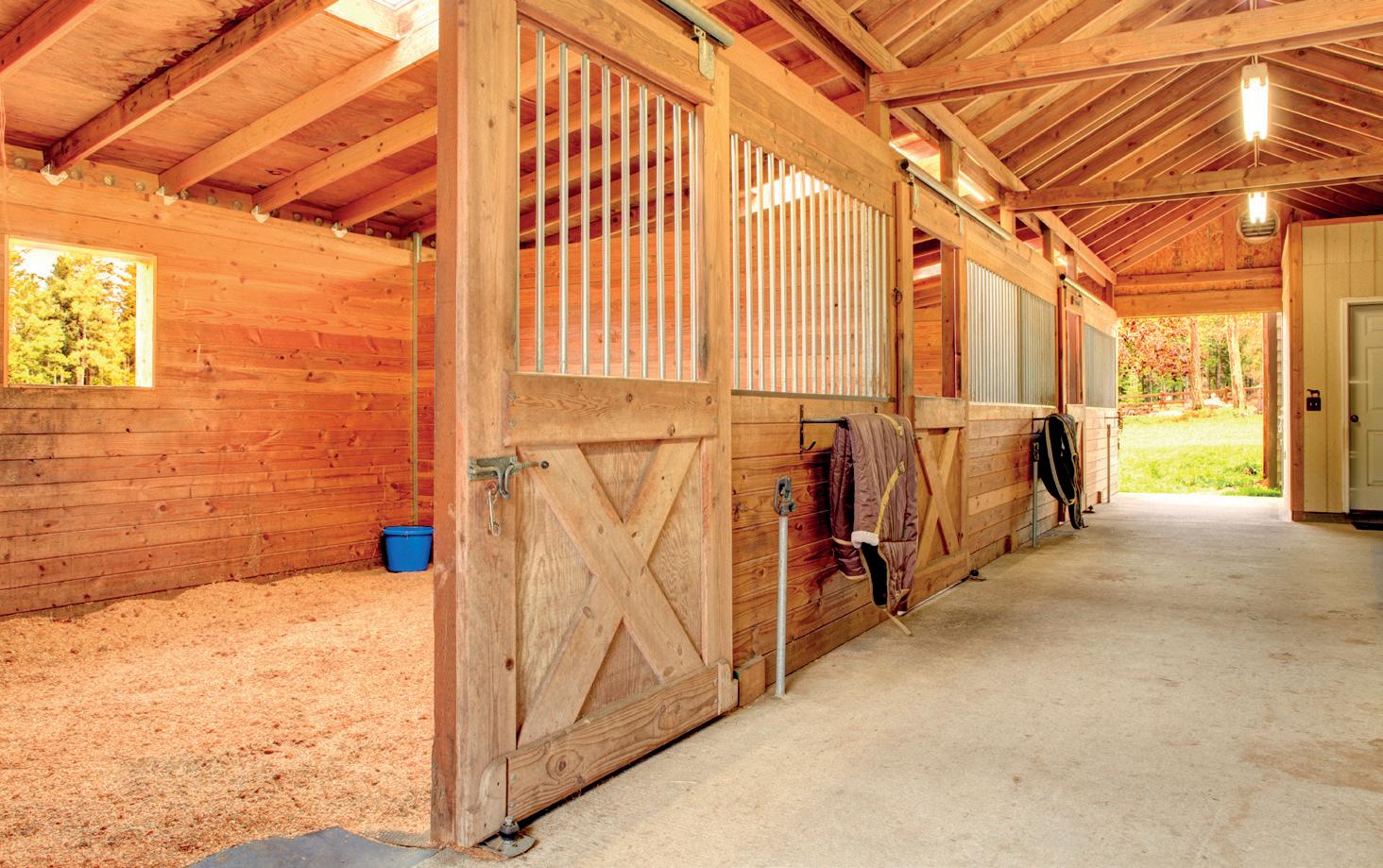





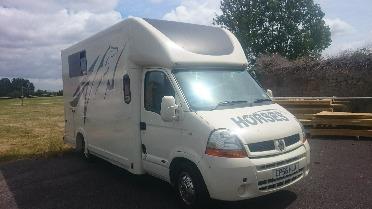



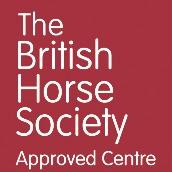




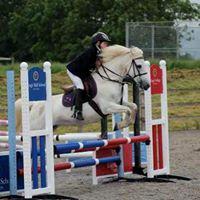



We at Media Chameleon Ltd are a successful and long lived media house, publishing high quality industry and lifestyle publications, specialised websites and now ‘Promotional Videos’.
It is a personalised service where our talented creative team will use your own media to create a video that reflects your company to inspire your target audiences and create interest in your services.
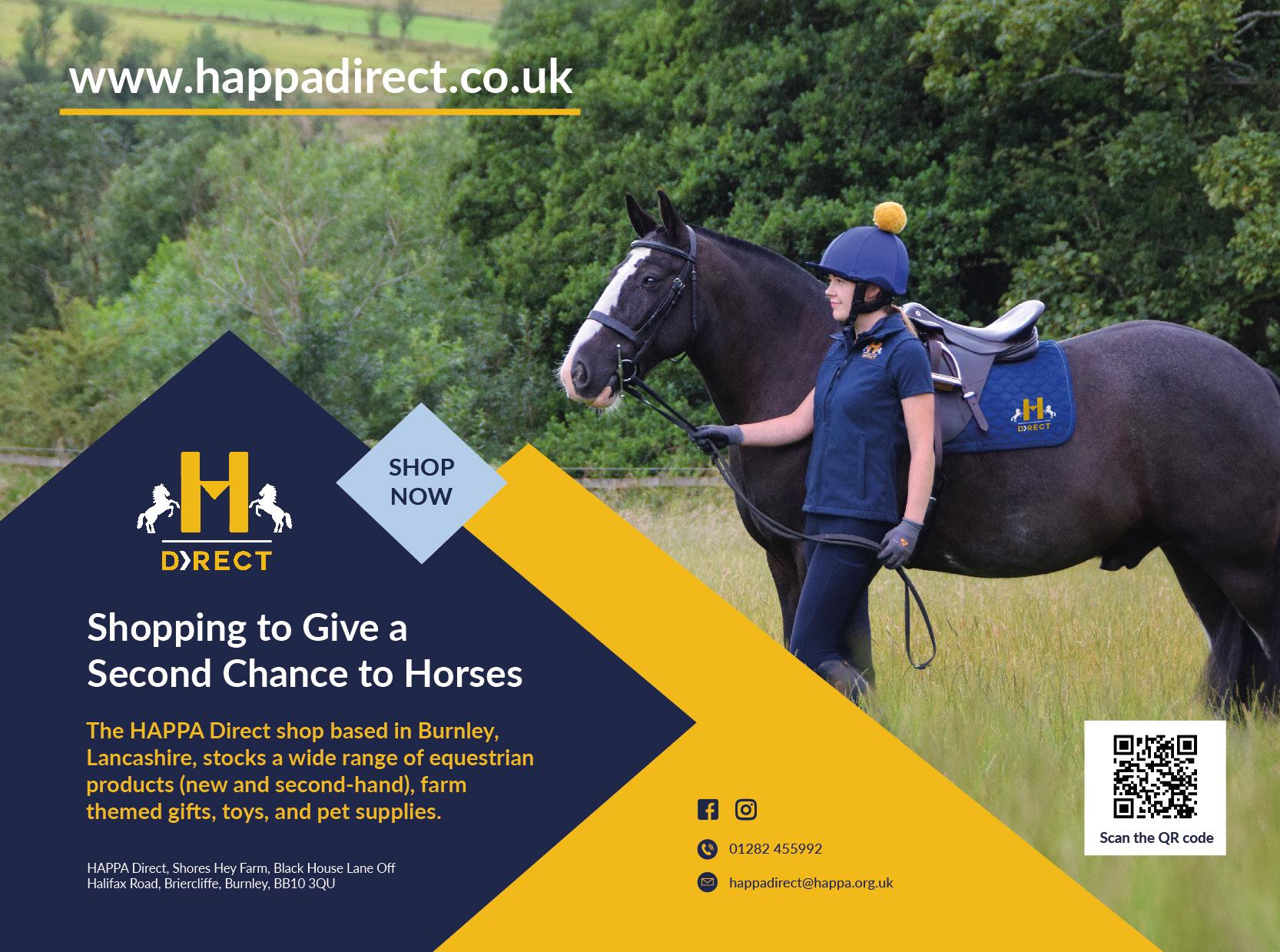
videos are becoming a popular choice for marketing companies!
PACKAGE INCLUDES:
• A 15 second video using customer’s imagery or stock images/videos. • Provided as an .MP4 file
• Provide in wide screen and square screen format.

PACKAGE INCLUDES:
• A 1 minute video using customer’s imagery or stock images/videos.
• Provided as .MP4 file for upload onto your website etc.
• Provide in wide screen and square screen format. • Upload to YouTube.
• Will also provide 3 separate 15 second videos.
PHONE: [+44] 1582 488385
EMAIL: videos@mediachameleon.co.uk
WEBSITE: www.mediachameleonvideos.co.uk
BERKSHIRE
WINDSOR
HORSE BOX REPAIRS
JMB Horse Power UK Ltd
01753 850 916
www.jmbhorsepower.com
BUCKINGHAMSHIRE
ASKLEY GREEN
HORSE BOX REPAIRS
Mark Gregory Horsebox Services
07768 982 600
CAMBRIDGESHIRE
WISBECH
EQUINE CLOTHING SUPPLIES & FEED
Smeeth Saddlery
01945 585 998
www.smeethsaddlery.co.uk
DERBYSHIRE
ASHBOURNE
CEMETERY / CREMATORIUM / GREEN BURIALS
The Equine End of Life Service
01335 320 014

www.equine-endoflife.co.uk
ESSEX
BLACK NOTLEY
EQUINE CREMATION
W Martin & Son
01376 331 136
www.wmartinandson.co.uk
HEREFORDSHIRE
HEREFORD
HEALTHCARE / HEALTH / NUTRITION
Ronfields Nutrition
01432 851 111
www.ronfieldsnutrition.co.uk
LANCASHIRE
BURNLEY
HORSE SUPPLIES
HAPPA Direct
01282 455 992
www.happadirect.co.uk
LINCOLNSHIRE
GRANTHAM
HORSE BEDDING
Horsebedding.co.uk
01476 585 973 / 07831 504 372
www.horsebedding.co.uk
SOMERSET
TAUNTON
HORSE TRANSPORTATION
Comeytrowe Equestrian
01823 461 385
www.comeytrowe.co.uk
RIDING STABLES / CENTRES
Comeytrowe Equestrian
01823 461 385
www.comeytrowe.co.uk
SUFFOLK
HALESWORTH
SADDLERY
Juddpurs Saddlery Ltd
01986 874 800 / 07880 555 863
www.juddpurssaddlery-eastanglia.co.uk
WEST MIDLANDS
WEST BROMWICH
HORSEBOXES
John Oates horseboxes
0121 526 3767
www.johnoateshorseboxes.co.uk
WEST SUSSEX
HORSHAM
SAFETY FENCES
Richard Covey Fencing
07853 879 270
www.richardcoveyfencing.co.uk
WORCESTERSHIRE
EVESHAM
SAFETY FENCES
Vale Gardens Ltd
01386 831 000
www.hipposafetyfence.co.uk
MALVERN
HORSE SUPPLIES
Natures Equine Ltd
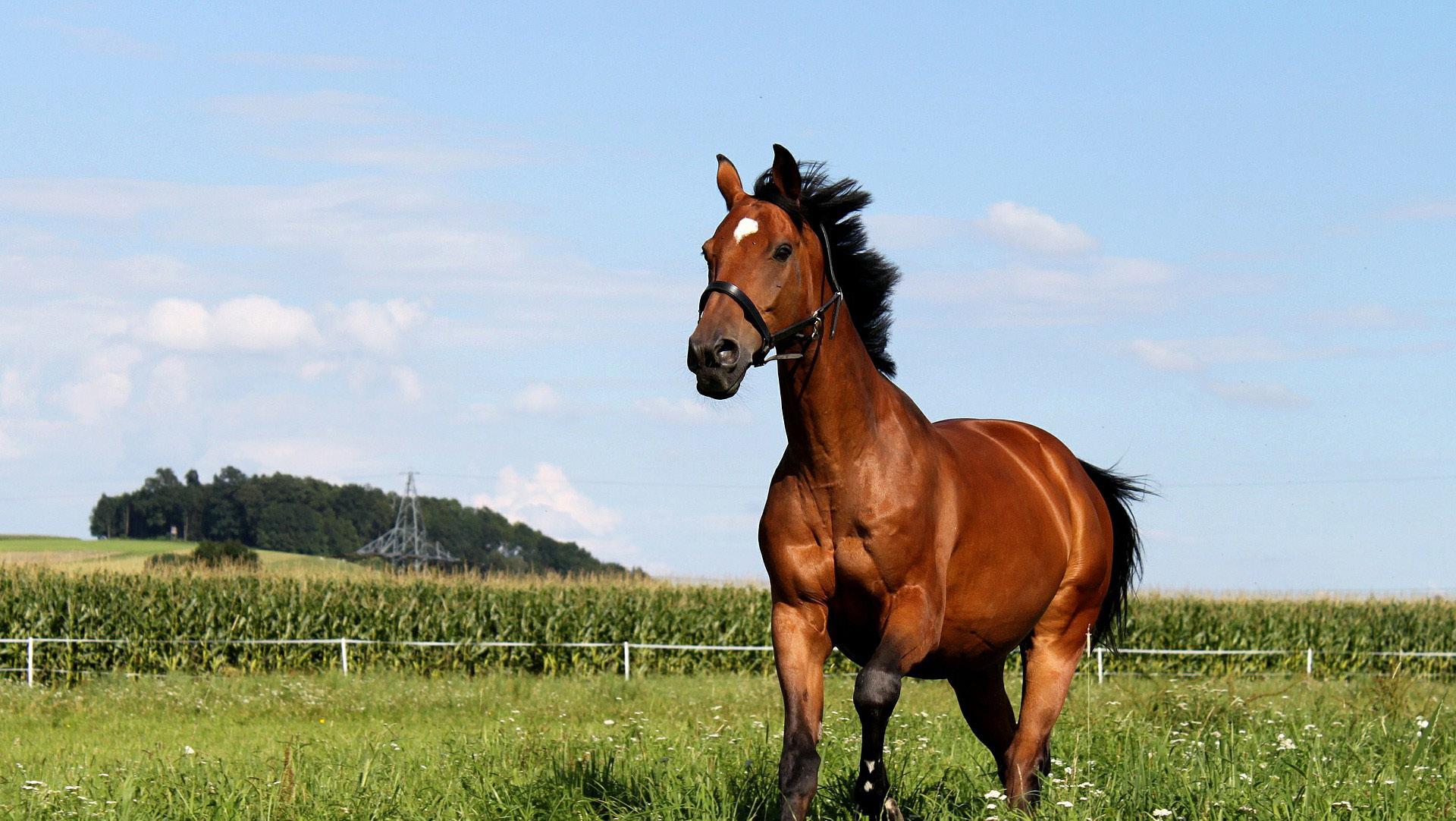
01684 563 320
www.eazigrazer.co.uk
All of this years advertisers & more can be found online at: www.horse-riders-directory.co.uk
